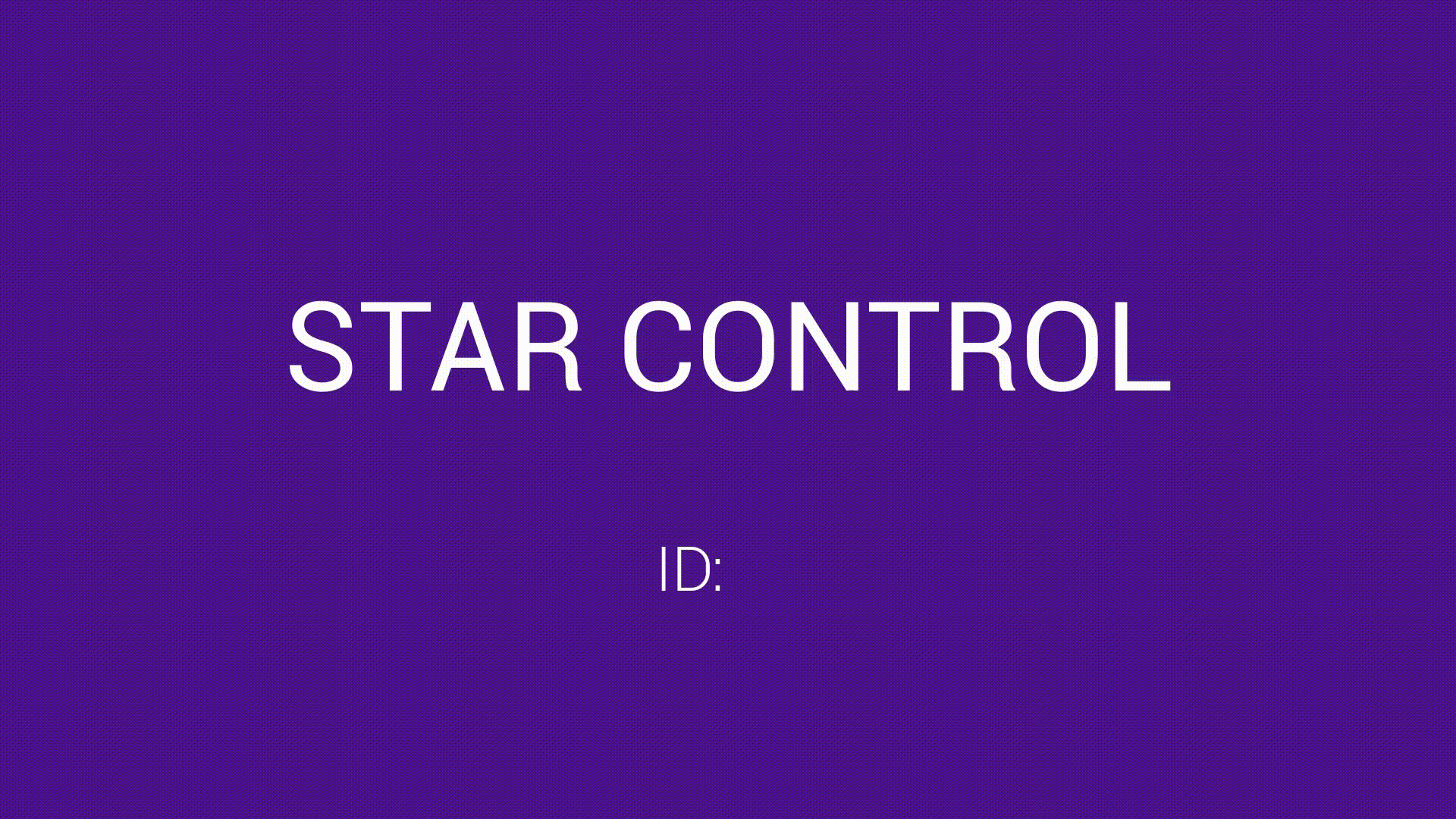The Cognitive Control Game 1.0
Aim
Cognitive Control is a critical aspect of our adaptive nature and has been shown to be strongly related to many positive outcomes, such as wellbeing, mental health, emotion regulation and goals achievement. However, there is a general agreement that it is not a unitary process, but an ability emerging from the integration of several distinctive and independent mechanisms.
While an accurate assessment of cognitive control is critical in neuropsychological practice and research, it often remains a challenge:
- The tasks used in clinical practice are very different from the ones used in research
- The assessment of different cognitive control components is done through very different tasks, requiring a selection that rarely provides a comprehensive view
- The existing tasks are often not very user-friendly, being often long, boring, not interesting, stressful and tiring
The goal of this project is to build a single task that measures several distinct components of cognitive control and allows their delineation. Moreover, by bridging advanced statistical processing with a game-like design, we hope to create a task that is comprehensive, yet specific, short, yet robust, precise, yet interesting for the patient. This task should be suited for clinical practice and research and for different age groups, as well as runnable on different hardware setups.
Project Steps
- Developing a prototype (in python)
- Testing the prototype
- Developing the game (in Julia - Makie? Unity?)
- Validating the game
Contribution and Collaboration
This is currently a side-project with no official existence (and no money). However, if you're interested by this idea (or have any thoughts, suggestions or ideas), please let me know by opening an issue or contacting me (dom.makowski@gmail.com).
Task Description
Narrative
Components
-
Processing Speed: The most basic reaction time task measuring the core speed of the stimulus - motor response chain.
- Design
- Implementation
- Statistical Processing
- Validation
-
Response Selection: The only additional process is the selection of an appropriate response depending on the stimulus.
- Design
- Implementation
- Statistical Processing
- Validation
-
Response Initiation + Response Inhibition: Measuring the suppression of the motor response or its initiation.
- Design
- Implementation
- Statistical Processing
- Validation
-
Conflict Resolution: Measuring the influence of a perceptive conflict.
- Design
- Implementation
- Statistical Processing
- Validation
-
Priming: The effect of being attentionally primed.
- Design
- Implementation
- Statistical Processing
- Validation
-
Priming + Strategy Inhibition: Measuring the time it takes to detect a drop in the usefulness a cue and the time it takes to adjust and initiate a new behaviour.
- Design
- Implementation
- Statistical Processing
- Validation
-
Working Memory Span: Measuring the span of short term memory.
- Design
- Implementation
- Statistical Processing
- Validation
Other non-designed components include mental set shifting (switching between different set of rules), Conflict Monitoring (the detection of a conflict), or Updating in Working Memory (the ability to manipulate and update the information in WM).
